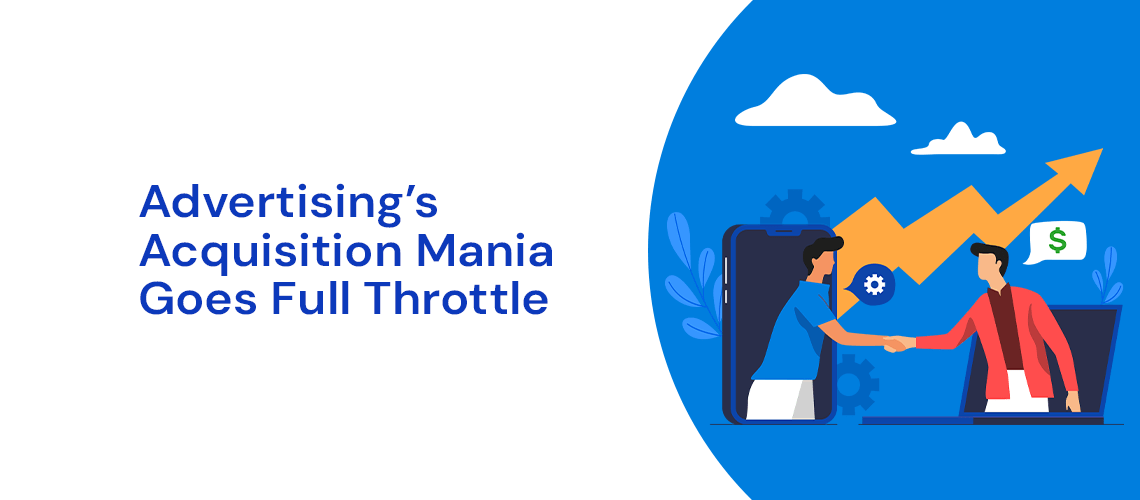The year has started with a flurry of acquisitions in the advertising sector as pundits predict a dramatic rise in digital ad spending in the latter half of the 2020s.
The biggest recent acquisition in scale terms was likely the Publicis acquisition of Lotame, which has created a data monster that enables the number one agency in the world to deliver advertising to nearly 4 billion IDs, according to CEO Arthur Sadoun.
“On top of the 2.3 billion people we already see with Epsilon, Lotame adds 1.6 billion IDs across numerous countries,” Sadoun said.
Digital advertising is a scale game, as witnessed by the enormity of Meta, Google, and Amazon. All of the acquisitions in the first quarter of 2025 have a strong strategic element, but accelerated growth and scale are dictating transaction decisions.
It also helps that adtech valuations are less heated, and five-year forecasts for digital ad spend are all pointing to exponential growth. Sadoun believes acquisitions in the technology space fast-track his overall strategy and delivers two key elements – IP and talent.
Other companies appear to agree. Consider the spate of acquisitions and fundraisings since the start of the year: telecoms giant T-Mobile snapped up outdoor advertising company Vistar, and it bought location ad player Blis, Viant bought Lockr, The Trade Desk made its first purchase since 2017, securing Sincera, DoubleVerify acquired Rockerblox, R/GA offloaded Huge to private equity, DSP StackAdapt raised $235 million, and the Teads acquisition of Outbrain closed. In December, Experian, a giant in the data and identity space, bought a data management platform and curation vendor Audigent.
Meanwhile, Omnicom’s proposed purchase of IP comes a step closer to reality, in a global shake-up of the agency world. Furthermore, Google’s Chrome is potentially up for sale, as is the US division of Tik Tok.
“This year will be huge for ad tech consolidation,” said eMarketer in a February research note titled “Curation and Consolidation Take the Market by Storm“.
“Mergers and acquisitions (M&A) activity picked up throughout 2024. The deal volume will likely accelerate as 2025 unfolds, with favorable regulatory conditions fueling transactions around data activation and growth channels like CTV and retail media,” said eMarketer. The research firm believes that disruption in programmatic advertising is inevitable this year.
“The market teeters on the brink of several seismic shifts around identity and audience data and a landmark antitrust ruling that could energize an already hot M&A streak. Despite it all, programmatic ad spending will continue to grow at a healthy clip, outpacing the overall display market,” eMarketer wrote. It predicts that programmatic advertising spending will surpass $200 billion in 2026. That growth spurge will be led by adtech firms escalating their focus on performance-led data activation.

“Data powers curation, AI and machine learning models, measurement, and all manner of programmatic tactics. A state privacy laws proliferate and cookies become scarce, advertisers are prioritizing first-party data strategies to preserve addressability,” eMarketer wrote.
Signal loss via the phasing out of Chrome’s third-party tracking cookie this year will likely provoke more acquisitions, especially in the data and identity arenas.
“By now, most major ad tech companies have invested in cookieless targeting and measurement solutions. But once Chrome’s universal opt-out mechanism goes live, those solutions will be put to the test. Many standalone identity providers with high-quality data, tech, or methodology will get acquired,” said eMarketer.
Global digital marketing agency iCrossing has concerns about consolidation in the adtech market, where acquisitions are presenting advertisers with a full-stack offering. This consolidation has been exacerbated by DSPs moving into the territory of SSPs, and SSPs in turn moving to work directly with brands.
In a blog post, the agency notes with fewer adtech firms in the market, there could be less competition.
“With fewer companies competing against each other, there will likely be less innovation in the AdTech space as larger firms could be less incentivized to create new solutions due to the decreased competition. This could result in a dearth of the new products that made these AdTech companies so game-changing in the first place. Additionally, advertisers and agencies may be subject to higher fees due to limited alternatives in the AdTech space. This would lead to an increase in the overall costs of your advertising campaigns and reduce potential ROI.”
However, the agency sees positives in the “complete stack” trend, writing that budgets will not have to be dispersed across a multitude of partners, a more streamlined workflow will be created, and agencies and brands will be able to glean deeper insights, and further ROI through more advanced data-driven decisions.
The trend towards an integrated connected full-service offering is happening in the agency sector as well. Already the proposed $13 billion acquisition of IPF by OMG has convinced pundits that a dramatic re-shaping of the advertising services market is underway.
Big gets are being made by the global agency holding companies – Publicis is doubling down on first-party data, while OMG is furiously building AI into its media workflows. However, the CEO of WWP-owned VML’s UK operations Pip Hulbert, believes that agency mergers are part of a larger movement towards better cohesion across all aspects of client servicing. The “connected brand” ethos is becoming the new buzzword.
“[Advertisers] are looking for a partner who understands how to join everything together,” Hulbert told Creative Salon. “It’s becoming part of the day-to-day language and in the vernacular of our clients because they recognize that everything’s got to be joined up to maximize that outcome.”


